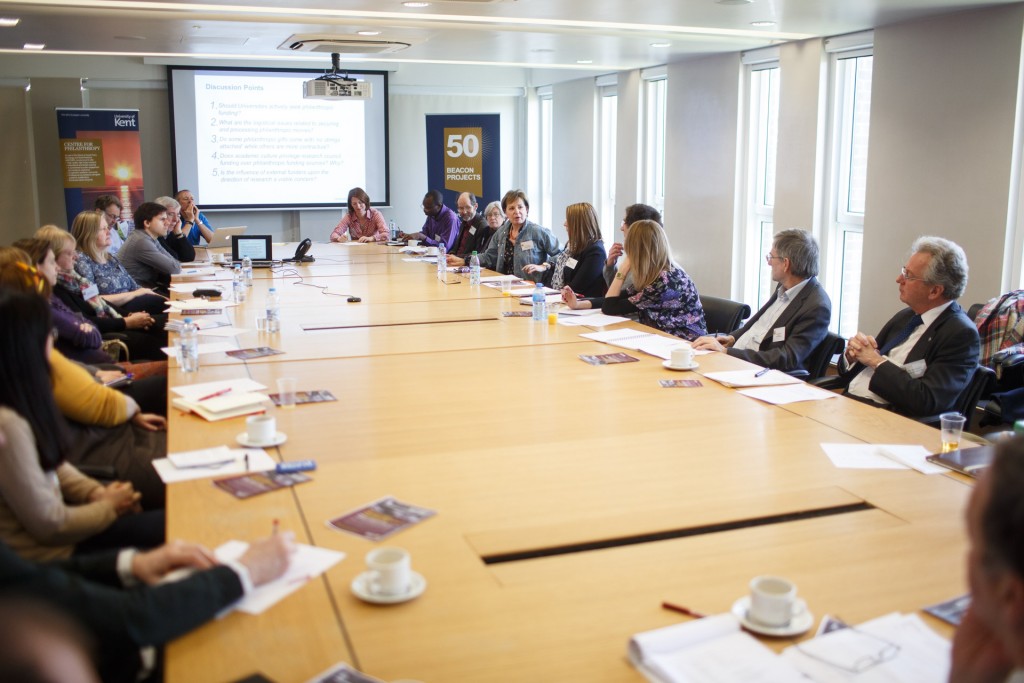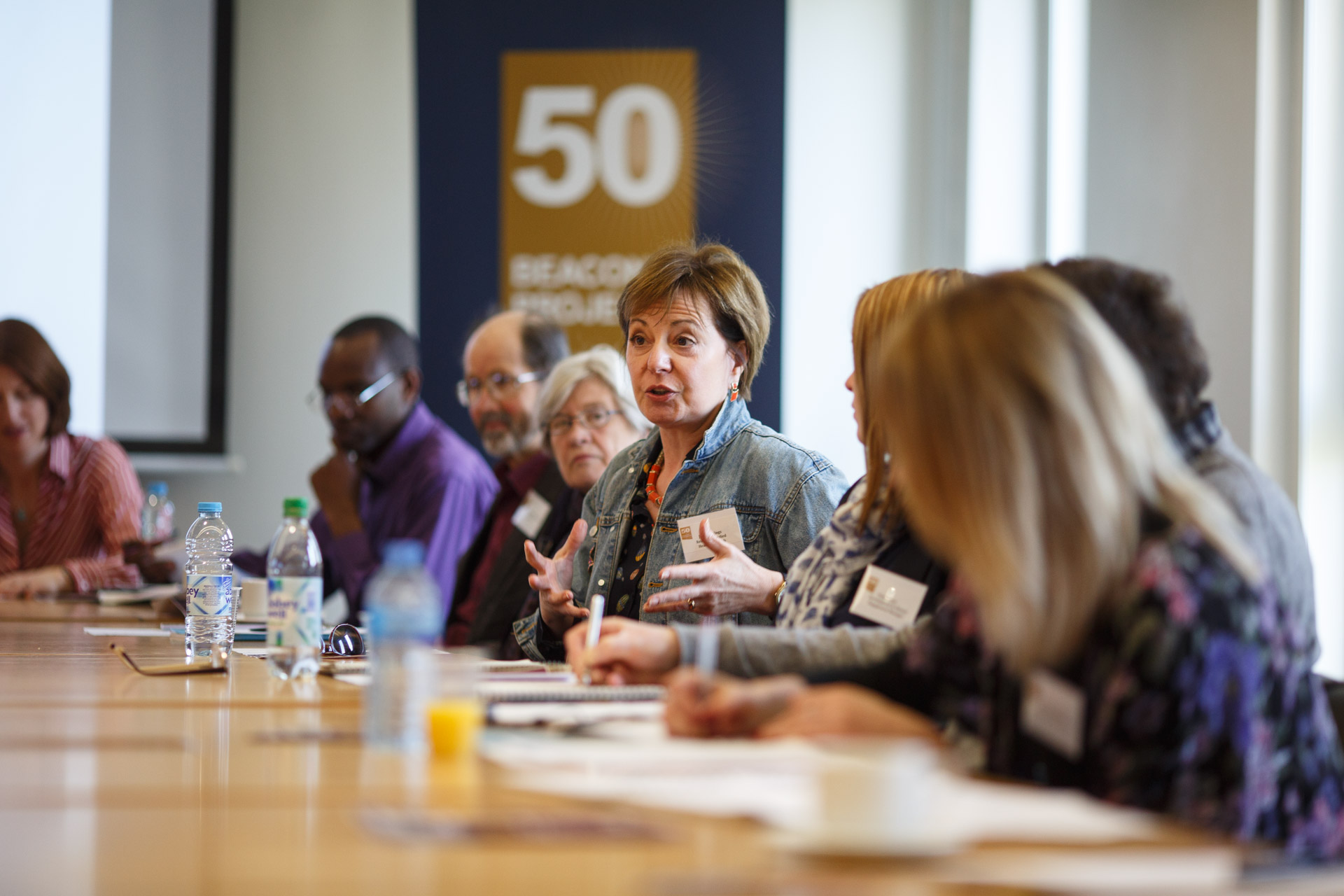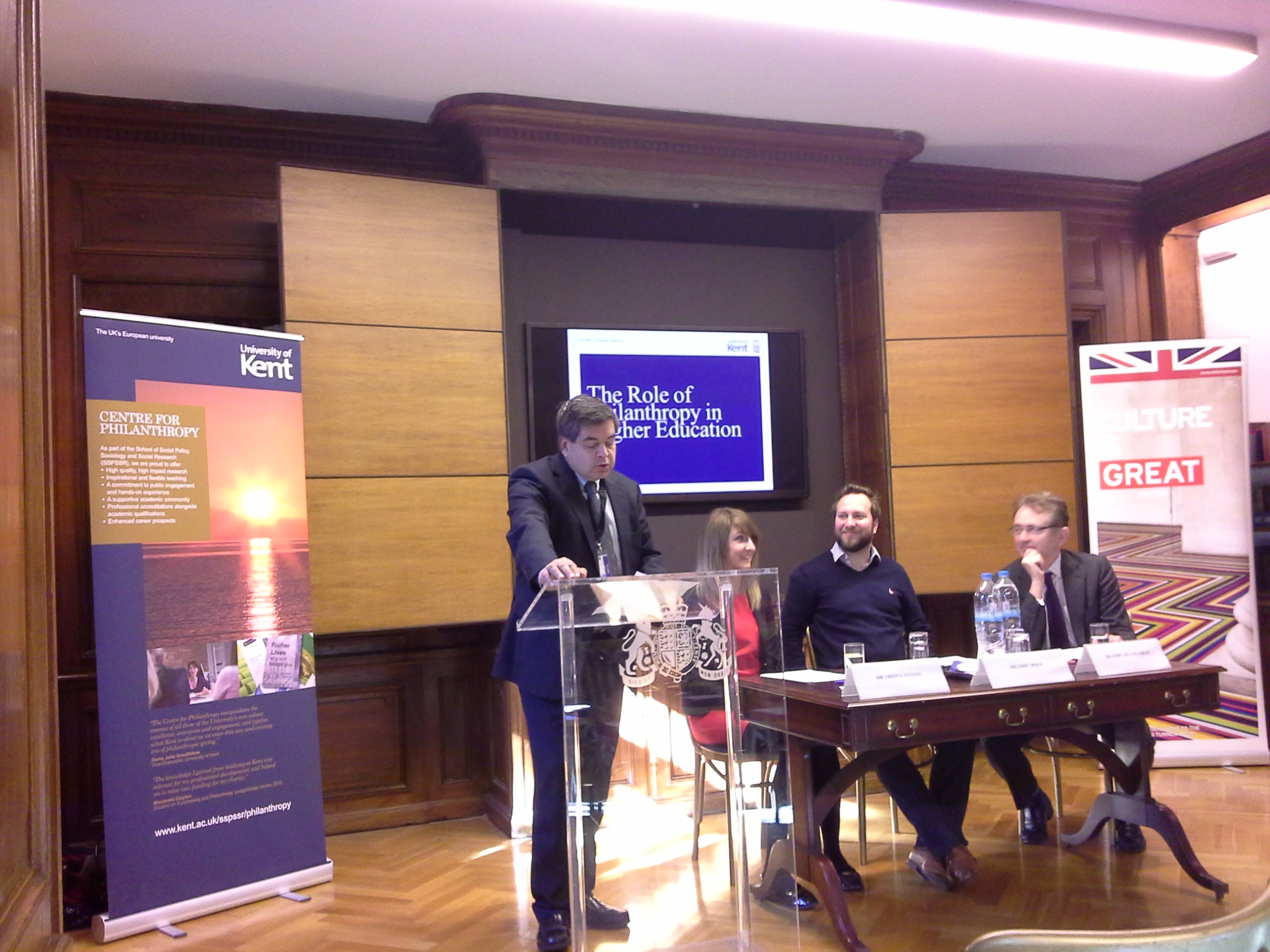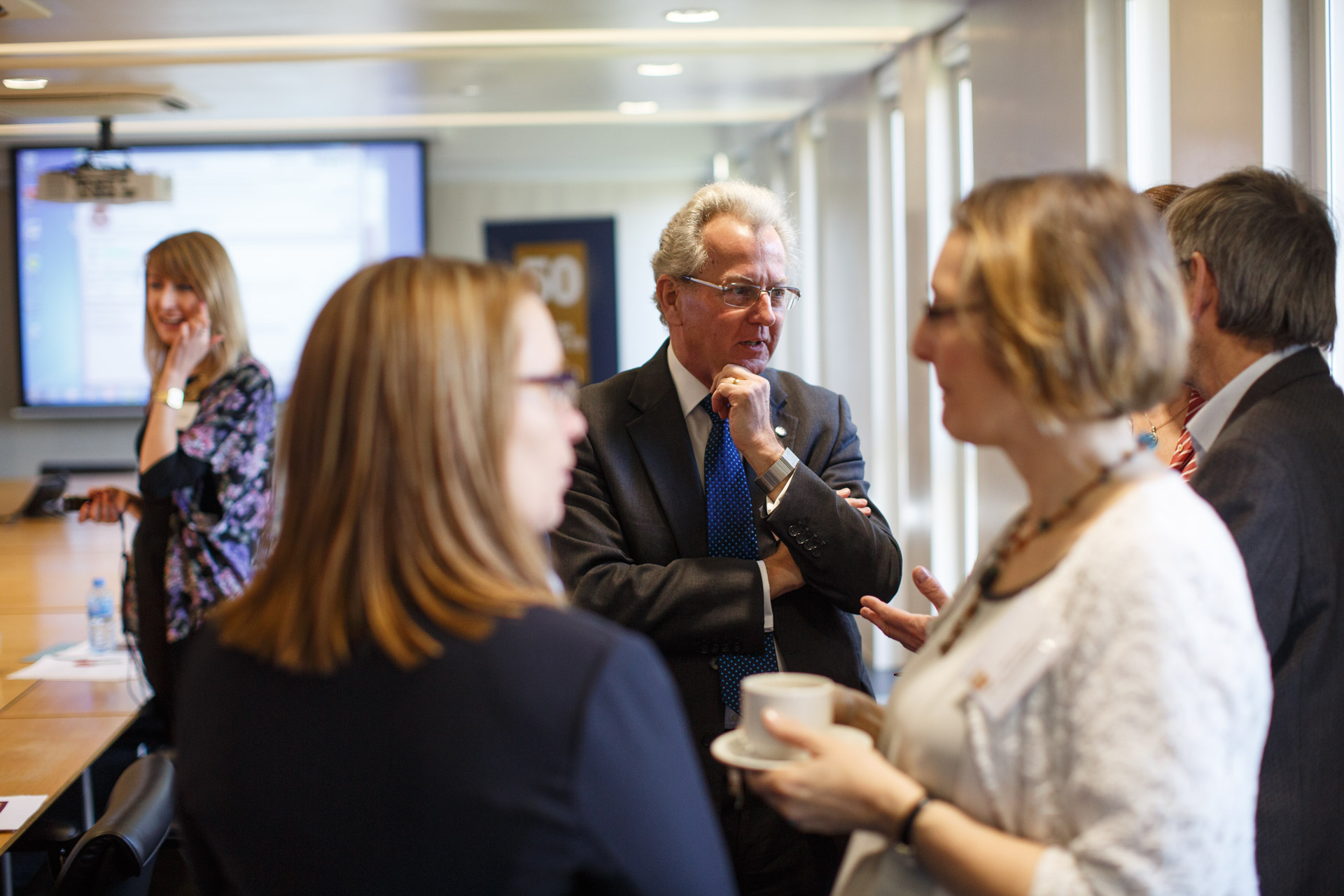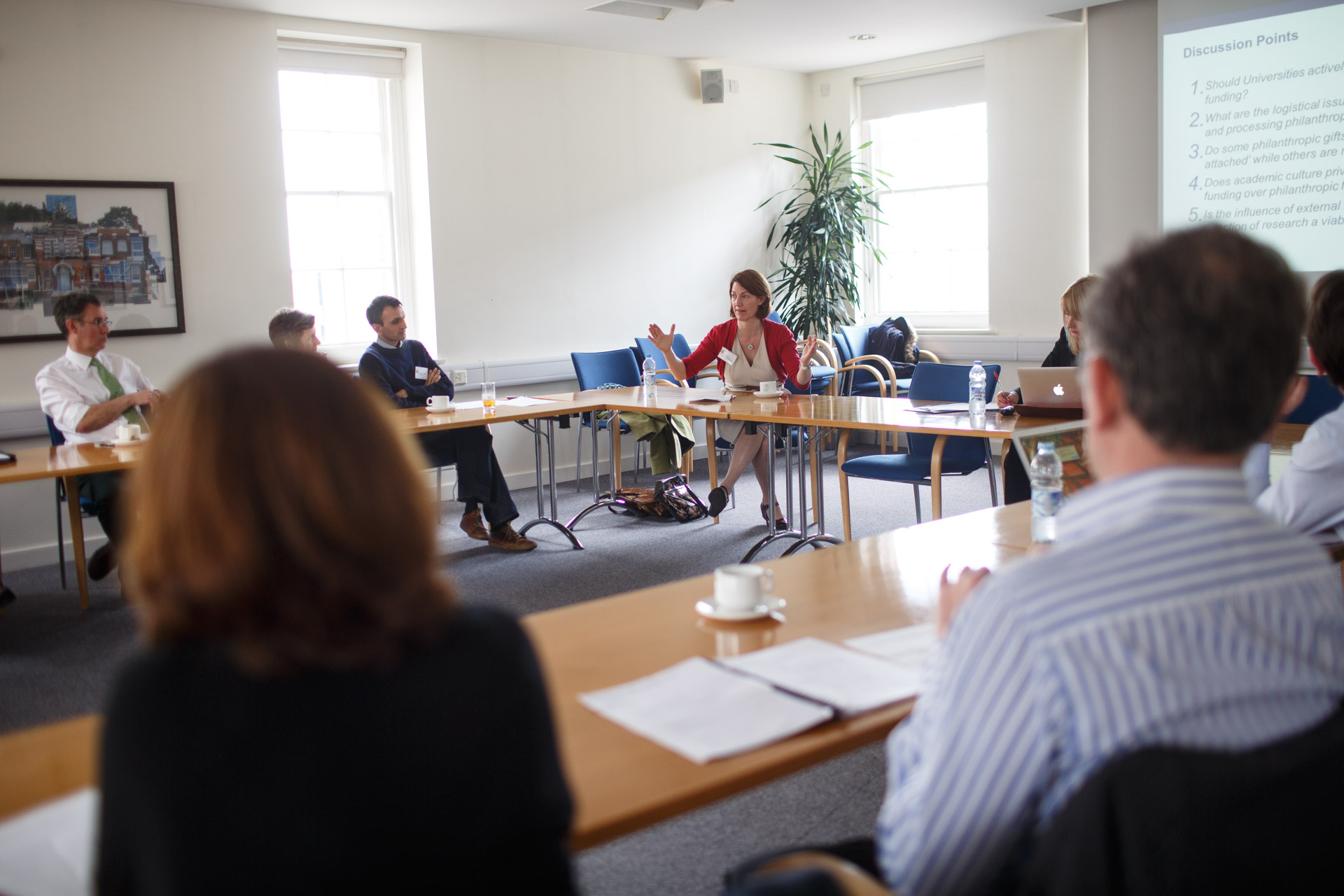On April 10th, the Centre for Philanthropy held the last in a series of 3 debates to discuss the role of philanthropy in higher education. These three ‘Great Debates’ form part of our ‘Transforming Kent’s Culture of Philanthropy’ Beacon Project, which aims to shine a light on the history of philanthropic gifts to the University and to higher education in general.
The debates have featured key stakeholders in higher education funding, including academics; university fundraisers and research administration; scholarship recipients; philanthropists; charity directors; leading philanthropy academics and volunteer workers among others.
Let me briefly highlight some of the key arguments of each debate:
The first debate took place in Athens in February, where the discussion centred around ethics and the moral accountability of universities when dealing with money from a private source, as well as a need for alternative funding sources in Greek higher education due to the knock-on effects of the recent economic situation in Greece. Members of the British Council and UK Trade & Investment at the British Embassy in Athens, as well as representatives of charities and Greek higher education institutions contributed to the discussion. They emphasised concerns around the lack of provision of training and resources for potential higher education fundraisers.
This differed from our second event held on the University of Kent’s Canterbury campus in March. The focus here was one of logistics and the management of philanthropic money, particularly in relation to charities and the funding of research by charitable trusts and foundations. Several academics spoke of the difficulties with philanthropic financial costings, which made applications for philanthropic funding less attractive; although efforts made by charitable trusts and foundations such as Leverhulme, Nuffield, Rowntree and Wellcome to ‘fit in’ with the processes recognised by funding councils made these larger funders more appealing.
Our final event, held in early April on our Medway campus, returned to the issue of ethics, but also discussed how philanthropy contributes to engagement, and relationship-building with industry and the local community. Contributors discussed the potential conflict of interest between donor desires and academic plans, and there was a heated debate about the egalitarian role of universities being threatened by selective giving, promoting elitism between institutions (e.g. giving to Oxbridge rather than newer universities) as well as within them (e.g. funding certain disciplines more than others).
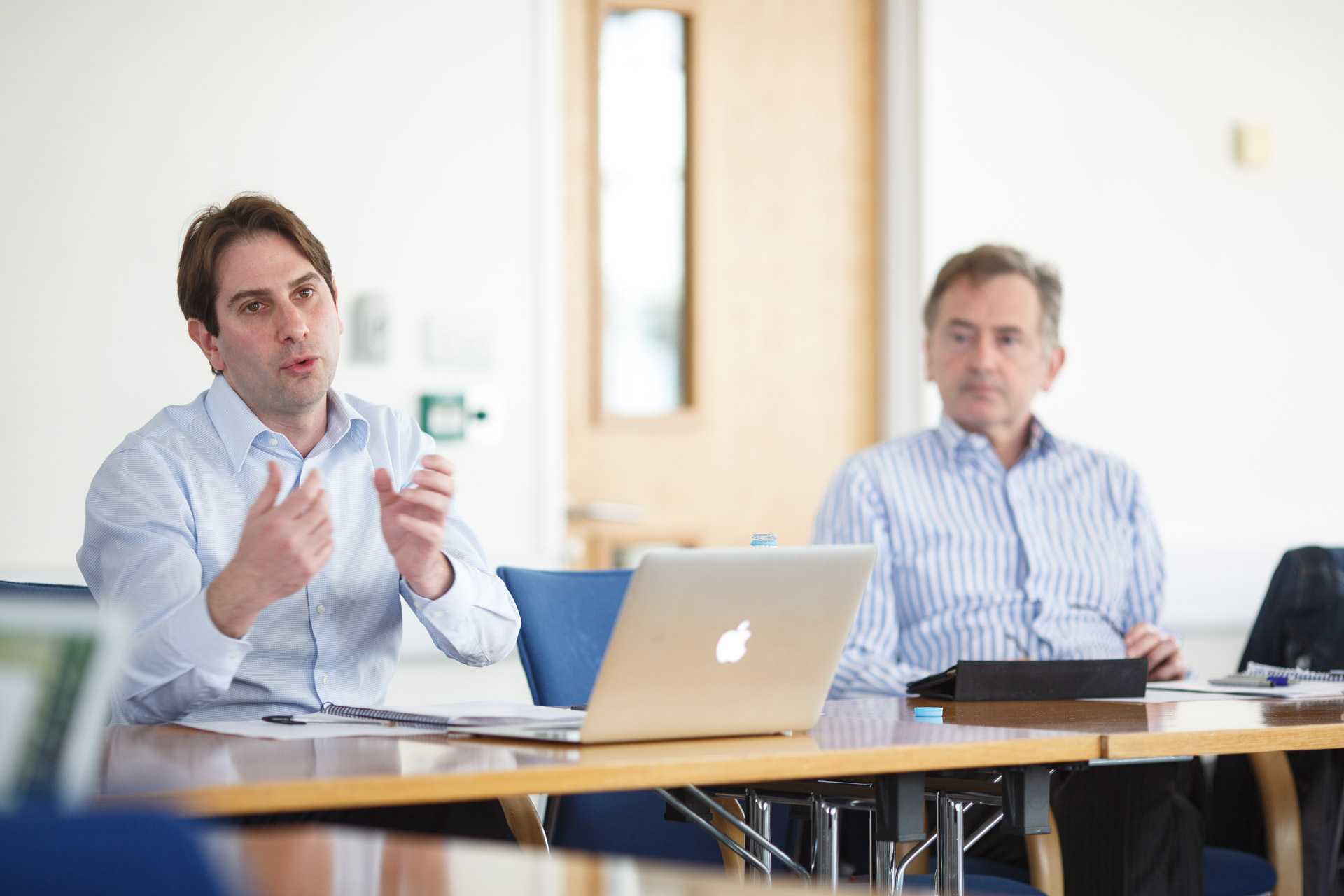
The debates encouraged all participants to reflect on the following recurring themes of tension in UK higher education funding:
- The likely expansion of fundraising staff in universities, predicted by the HEFCE/More Partnership Report in 2014, was seen as necessary in connecting the needs of the university to the supply of donor money.
- Relatedly, how HE philanthropy would become more strategic, not only in terms of universities conducting more targeted campaigns, but also in the changing objectives of funders such as foundations. An attendee who had held a post at a major charitable trust remarked in the Canterbury debate that foundations are moving towards the provision of ‘interested support’, i.e. funding work in universities that best pursues their foundation’s own objectives.
- The more active role of academics in building philanthropic relationships, either as charity trustees, through research, or as fundraisers themselves. This builds upon the HEFCE/More Partnership 2012 Report’s recommendation of embedding philanthropy into the daily practice of those working on university campuses, many of whom will already be bringing in money through various means.
Our Beacon project will culminate with a conference on ‘Understanding Philanthropy’ on 29th June 2015, which will launch the book ‘Hidden History: Philanthropy at the University of Kent’, alongside talks from key international philanthropy theorists and practitioners.

